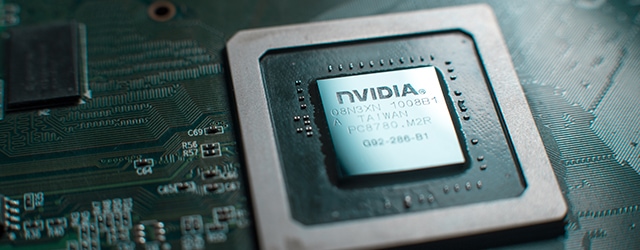Nvidia CEO Jensen Huang is about to complete the company's transformation from niche maker into the valuable chip manufacturer in the world.

When he was in high school, Nvidia CEO Jensen Huang once told The New York Times, nothing gave him more joy than computer games. The pastime would provide even greater satisfaction in the years to come; propelled by its gaming technology, the company he co-founded in 1993 rose to become a pioneering force in the microchip industry. Now, with the planned acquisition of ARM Holdings, a UK-based processors designer owned by Softbank, Huang is about to complete Nvidia’s transformation from niche maker into the world’s most valuable chip company.
The 57-year-old executive thrives on challenges. Born in Taiwan, Huang immigrated to the US with his family as a child knowing only a handful of English words. He went on to earn a Bachelor of Science degree from Oregon State University and a master’s degree in electrical engineering from Stanford, which he completed while working full-time.
While Nvidia’s graphics processing units (GPUs) were originally designed for videogames, Huang quickly realized that the same technology could be used for high-performance computing and machine learning. Today, his company commands an 80% share of the graphics-card market.
With the $40 billion acquisition of ARM, which licenses chip architecture to makers such as Apple and Samsung for smartphones and tablets, Huang is hoping to maintain an edge. That’s assuming demand for increased processing capacity in smartphones dwindles, cautions Will Venters, professor of information systems and digital innovation at London School of Economics. “Most of us are happy enough with what we have,” says Venters. “This means the focus for ARM must surely be on Internet of Things–like devices.” Nvidia’s emphasis on artificial intelligence seems to offer a good technical synergy, he adds. “ARM gains GPU expertise; Nvidia gains from the mobile expertise of ARM.”
Also optimistic about the tie-up is Jack Dongarra, professor in the Innovative Computing Laboratory at the University of Tennessee. “Nvidia’s acquisition will further enhance its position in AI, and makes sense in a world where things are moving from the cloud to the edge,” he says. Huang now has a complete ecosystem of chips, accelerators and networking to build on.



